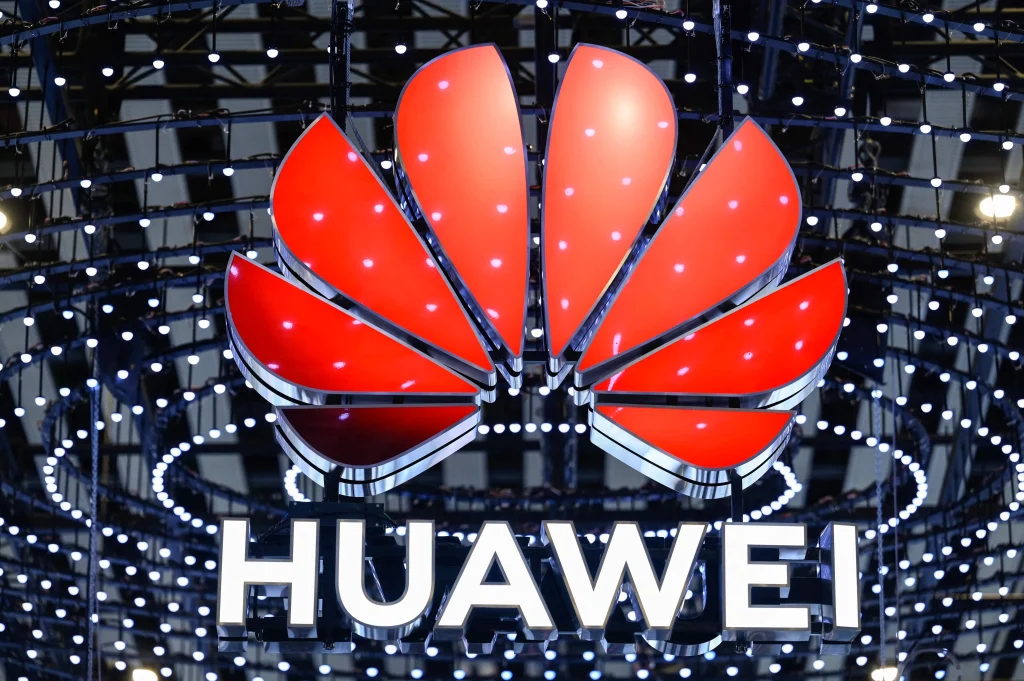[KUALA LUMPUR] Malaysia declared it will build a first-of-its-kind AI system powered by Huawei Technologies chips, only to distance itself from that statement a day later, underscoring the Asian nation’s delicate position in the US-Chinese AI race.
Deputy Minister of Communications Teo Nie Ching said in a speech on May 19 her country would be the first to activate an unspecified class of Huawei “Ascend GPU-powered AI servers at national scale.”
Malaysia would deploy 3,000 units of Huawei’s primary AI offering by 2026, she said in prepared remarks reviewed by Bloomberg News. Chinese startup DeepSeek would also make one of its AI models available to the South-east Asian country, the official added.
The project, first reported by the local outlet Malaysia-China Insight, caught the attention of the White House, which is working to prevent Beijing from capturing foreign AI markets.
“As I’ve been warning, the full Chinese stack is here,” David Sacks, US President Donald Trump’s AI and crypto czar, wrote on X. The Trump administration was rescinding Biden-era global semiconductor curbs, which restricted chip sales to Malaysia, “just in time,” he said.
When reached for comment by Bloomberg News on Tuesday (May 20), Teo’s office said it was retracting her remarks on Huawei without explanation. It is unclear whether the project will proceed as planned. Huawei did not provide immediate comment.
A NEWSLETTER FOR YOU

Friday, 8.30 am
Asean Business
Business insights centering on South-east Asia’s fast-growing economies.
The unusual about-face comes after the US Commerce Department released – then tweaked – guidance warning overseas companies against using Huawei’s Ascend. The use of those chips “anywhere in the world” could violate US export controls, the agency originally said, before removing that globally focused language during a spat with Beijing.
Malaysia is in many ways the perfect test of the Trump administration’s new-fashioned AI diplomacy. The idea, championed in part by Sacks, is to proliferate American AI hardware across the world – with security guardrails – to ensure that companies building data centres in South-east Asia or the Middle East do not turn to Chinese alternatives. The US has limited time to entrench itself in those markets, Sacks argues, as Huawei makes progress in catching up with industry leader Nvidia.
At the same time, the Trump administration has promised to crack down on illegal shipments of advanced Nvidia chips to China via third countries. Officials have identified Malaysia as a particular concern.
The Trump administration’s urgency stems in part from the growing prowess of Huawei, which has emerged as China’s national semiconductor champion since its breakthrough in processors for the Mate 60 Pro in 2023. The company has since expanded into adjacent arenas from EVs to AI, where it’s begun making chips it hopes can compete with Nvidia.
Huawei’s Ascend lineup is thought to be so far largely confined to use in China by domestic firms that otherwise cannot legally access Nvidia’s cutting-edge products. The Ascend chips are still quite capable, though, particularly in running AI services, according to industry experts.
Jensen Huang, Nvidia’s chief executive officer, called Huawei one of the world’s most formidable technology companies and said China was “right behind” the US in the AI race.
That race ramped up last week during Trump’s whirlwind trip to the Middle East. His administration announced deals to ship tens of thousands – and likely upwards of a million – advanced Nvidia and Advanced Micro Devices chips to the United Arab Emirates and Saudi Arabia. Those two Gulf nations have huge AI ambitions and long been a focus of Washington’s semiconductor policy.
The deals, which still require licences for actual shipments, have sown divisions within the Trump administration and drawn bipartisan criticism from Capitol Hill. China hawks worry the agreements could benefit Beijing, which has deep ties in the region. Some policymakers are also concerned the projects, which include a UAE data centre that could be one of the world’s largest, may undermine efforts to ensure the most significant AI progress happens on American soil.
As Trump officials hammer out the fine print of the Gulf accords, they’re drafting a replacement for former President Joe Biden’s so-called AI diffusion framework.
Those regulations, which Sacks mentioned in his post, were a dramatic expansion of chip curbs originally focused on China. They imposed new licence requirements for many countries including Malaysia, as well as national caps on the volume of sales that could be approved – with ways for companies to bypass those limits in exchange for security guarantees.
Malaysia is a high priority. US firms including Oracle are planning massive data centre clusters in the nation, and are keen to import high-end Nvidia chips for those facilities – in volumes that may not have been possible under Biden-era rules. The regulations barred American hyperscalers from housing more than 7 per cent of their global capacity in any one nation outside the US and a handful of close partners. Oracle was set to blow past that limit in Malaysia, according to the research firm SemiAnalysis.
One element of Trump’s replacement regulations, Bloomberg News has reported, will be chip controls on countries suspected of diverting US hardware to China – including Malaysia.
Trump officials this year pressured Malaysian authorities to crack down on semiconductor transshipment to China. The country is also in the crosshairs of a court case in Singapore, where three men have been charged with fraud for allegedly disguising the ultimate customer of AI servers that may contain high-end Nvidia chips barred from China. Malaysian officials are probing the issue. BLOOMBERG


